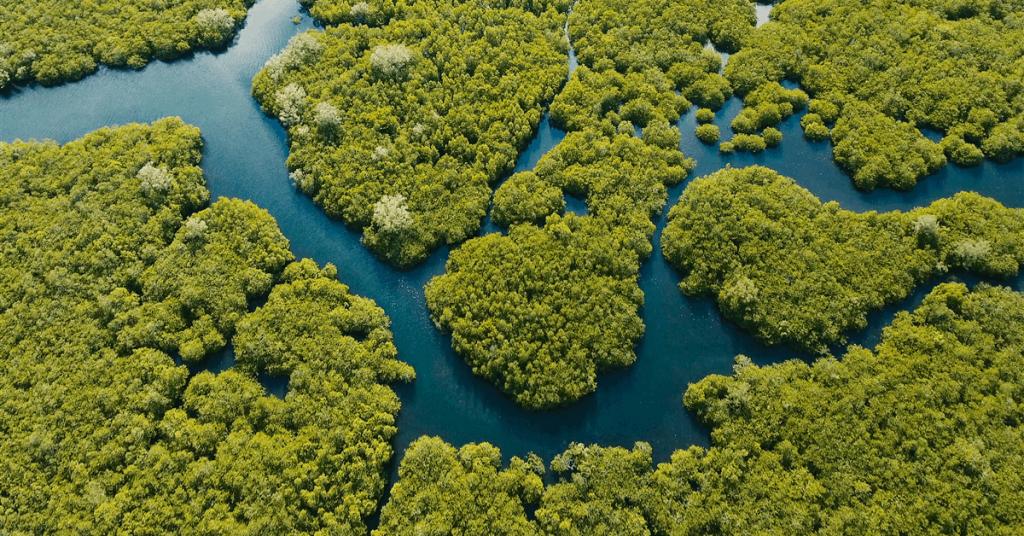The Philippine Department of Energy (DOE) said it is crafting a carbon credit policy for the energy sector to ensure integrity in prospective carbon trading mechanisms and drive investment in clean energy.
A consultation with around 120 representatives from various energy stakeholders was scheduled for August 19 on a draft DOE circular that will provide “guidelines for the issuance, management and monitoring of carbon credits in the energy sector”, according to a statement on the DOE website.
The Carbon Credit Policy will “ensure environmental integrity by promoting projects that genuinely reduce emissions, enhance transparency and accountability through clear rules for carbon credit generation and trading, promote private sector investment in clean energy and emissions reduction, and align with the Philippines’ commitments under the Paris Agreement and other climate frameworks”, the DOE said.
Energy Undersecretary Felix William B. Fuentebella said, “It will equip our energy sector with the tools to generate and manage carbon credits with integrity, ensuring every ton of reduced carbon dioxide is real and verifiable. This builds trust and unlocks investment in effective climate solutions”.
“Capitalizing on the Philippines’ vast renewable energy resources and aligning with the global energy transition, this policy incentivizes clean, indigenous sources, and promotes energy efficiency for a cleaner, more resilient and sustainable energy system for the Philippines”, the DOE said.
The DOE has set an “Energy Transition Pathway” that involves raising the share of renewables in the archipelago’s power mix to 35 percent by 2030 and 50 percent by 2040. The roadmap, part of the DOE’s “Philippine Energy Plan 2023-50”, also aims for 10 percent energy savings on oil products and electricity between 2040 and 2050; a 50 percent electric vehicle penetration rate in road transport by 2040; and the adoption of advanced and smart grid technologies.
Last year the Philippines signed a memorandum of understanding with Singapore for the neighbors to work on a legally binding carbon credits implementation agreement that is aligned with Paris Agreement provisions for the cross-border trade of emissions reductions.
“The MOU also enables the exchange of best practices and knowledge for the development of high-integrity carbon markets and the identification of mutually beneficial Article 6-compliant carbon credit projects”, Singapore’s Ministry of Trade and Industry (MTI) said in a statement August 15, 2024.
“The Philippines has strong potential for carbon credits projects, such as nature-based projects (e.g., blue carbon and forestry projects), renewable energy projects and transition credits from the early retirement of coal-fired power plants. Singapore aims to achieve net zero emissions by 2050 and is committed to advancing global climate action through international collaboration with like-minded partners”, the MTI said.
To contact the author, email jov.onsat@rigzone.com
What do you think? We’d love to hear from you, join the conversation on the
Rigzone Energy Network.
The Rigzone Energy Network is a new social experience created for you and all energy professionals to Speak Up about our industry, share knowledge, connect with peers and industry insiders and engage in a professional community that will empower your career in energy.
element
var scriptTag = document.createElement(‘script’);
scriptTag.src = url;
scriptTag.async = true;
scriptTag.onload = implementationCode;
scriptTag.onreadystatechange = implementationCode;
location.appendChild(scriptTag);
};
var div = document.getElementById(‘rigzonelogo’);
div.innerHTML += ” +
‘‘ +
”;
var initJobSearch = function () {
//console.log(“call back”);
}
var addMetaPixel = function () {
if (-1 > -1 || -1 > -1) {
/*Meta Pixel Code*/
!function(f,b,e,v,n,t,s)
{if(f.fbq)return;n=f.fbq=function(){n.callMethod?
n.callMethod.apply(n,arguments):n.queue.push(arguments)};
if(!f._fbq)f._fbq=n;n.push=n;n.loaded=!0;n.version=’2.0′;
n.queue=[];t=b.createElement(e);t.async=!0;
t.src=v;s=b.getElementsByTagName(e)[0];
s.parentNode.insertBefore(t,s)}(window, document,’script’,
‘https://connect.facebook.net/en_US/fbevents.js’);
fbq(‘init’, ‘1517407191885185’);
fbq(‘track’, ‘PageView’);
/*End Meta Pixel Code*/
} else if (0 > -1 && 87 > -1)
{
/*Meta Pixel Code*/
!function(f,b,e,v,n,t,s)
{if(f.fbq)return;n=f.fbq=function(){n.callMethod?
n.callMethod.apply(n,arguments):n.queue.push(arguments)};
if(!f._fbq)f._fbq=n;n.push=n;n.loaded=!0;n.version=’2.0′;
n.queue=[];t=b.createElement(e);t.async=!0;
t.src=v;s=b.getElementsByTagName(e)[0];
s.parentNode.insertBefore(t,s)}(window, document,’script’,
‘https://connect.facebook.net/en_US/fbevents.js’);
fbq(‘init’, ‘1517407191885185’);
fbq(‘track’, ‘PageView’);
/*End Meta Pixel Code*/
}
}
// function gtmFunctionForLayout()
// {
//loadJS(“https://www.googletagmanager.com/gtag/js?id=G-K6ZDLWV6VX”, initJobSearch, document.body);
//}
// window.onload = (e => {
// setTimeout(
// function () {
// document.addEventListener(“DOMContentLoaded”, function () {
// // Select all anchor elements with class ‘ui-tabs-anchor’
// const anchors = document.querySelectorAll(‘a .ui-tabs-anchor’);
// // Loop through each anchor and remove the role attribute if it is set to “presentation”
// anchors.forEach(anchor => {
// if (anchor.getAttribute(‘role’) === ‘presentation’) {
// anchor.removeAttribute(‘role’);
// }
// });
// });
// }
// , 200);
//});

